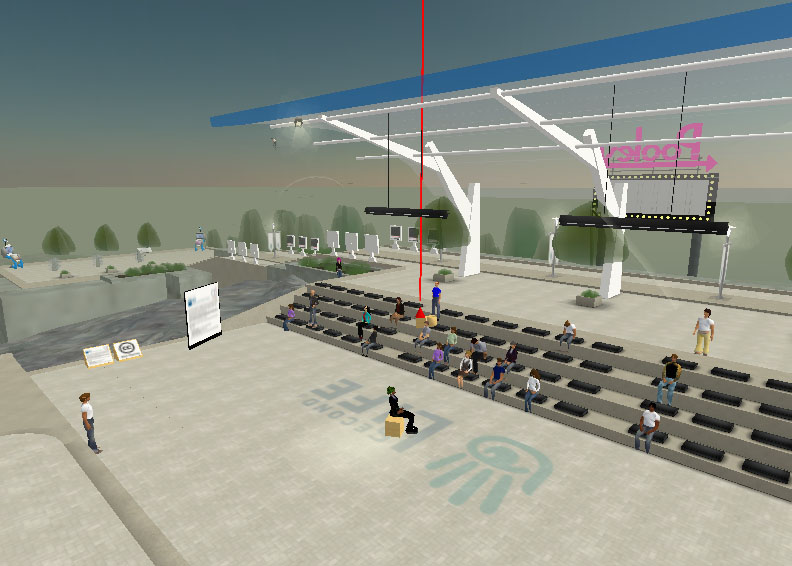I've been meaning to post this for a while - a call for papers for the International Journal of Communications Law and Policy that's related to the Association of Internet Researchers conference I organised in September. For those who weren't able to make it to AoIR 2006, there's still some time to submit additional articles...
The International Journal of Communications Law and Policy and the Association of Internet Researchers is pleased to announce a call for further papers for a special issue on Internet regulation linked to the IR7 Conference ('Internet Convergences'). The selection committee - composed of the editorial …













